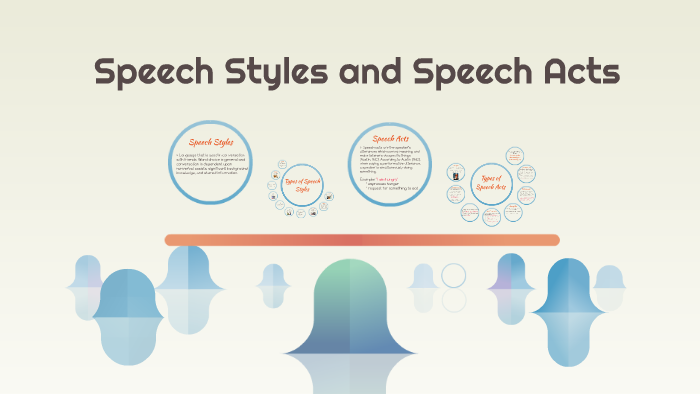Why Is A Positive Attitude Important In The Workplace
A positive attitude is important in the workplace as it improves productivity and enhances teamwork, leading to a more successful and harmonious work environment. A positive attitude brings energy, enthusiasm, and a solution-oriented approach, which not only boosts one’s own performance but also inspires others to do their best. When employees have a positive mindset,…





